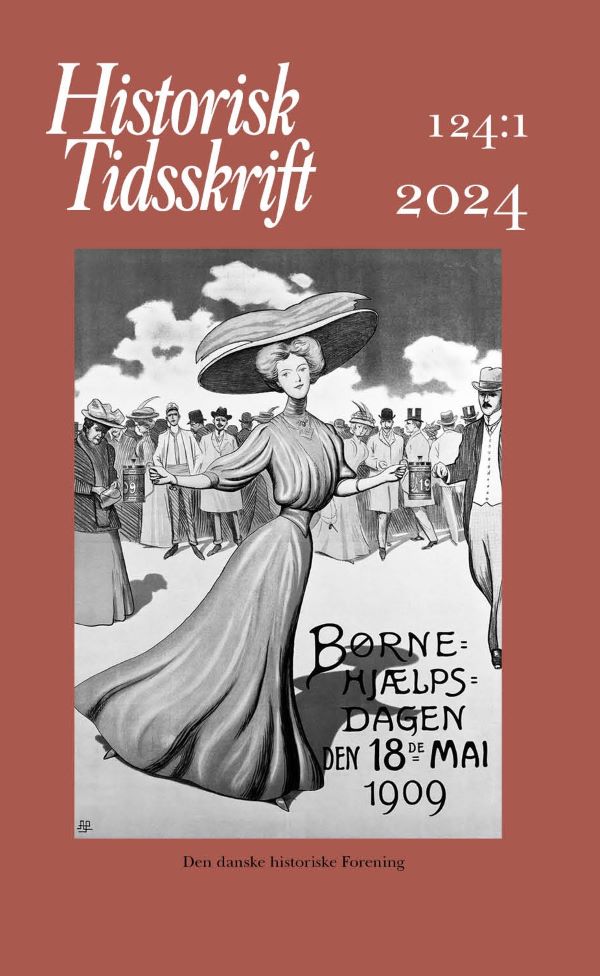Andreas Hojer og hans Frederik 4.s historie. Tyskeri, naturret eller bare åbenhjertig og pragmatisk?
DOI:
https://doi.org/10.7146/ht.v124i1.149241Nøgleord:
Andreas Hojer, Frederik 4., historiografiResumé
Andreas Hojer and his History of Frederick IV (1731-34)
Andreas Hojer (1690–1739) has a minor but respectable position in Danish intellectual history. He authored a controversial history of Denmark, was involved in disputes about natural law, became a trusted civil servant, royal Danish historiographer and eventually, after a period out in the cold beginning with the accession of Christian VI in 1730, professor of natural law at the University of Copenhagen from 1734 to his death. His main historical work is his history of Frederick IV (reigned 1699-1730): König Friederich des Vierten glorwürdigstes Leben (Most Glorious Life of Frederick IV), written during his period of disgrace in 1731-34 as a successful attempt to prove his worth in the eyes of the new king.
The present article discusses several points in connection with Hojer’s work. It demonstrates, first, that Hojer was no “runaway German messing with Danish history” (as claimed by literary historian N.M. Petersen) but a Danish patriot and a historian with a European outlook. Second, König Friederich des Vierten glorwürdigstes Leben is remarkably outspoken – Christian VI’s intense dislike for his bigamist father, Frederick IV, allowed Hojer to write with unusual candor – but was nonetheless intended for publication. Third, the work is political, didactic and analytic, thus an excellent example of so-called pragmatic history, and verges on so-called anecdotal or secret history as it also deals with hidden passions and personal conflicts behind the scenes. Fourth, it is informed by Hojer’s intellectual background in natural law, his markedly anti-aristocratic and anticlerical stance, and his strong tendency to moralize and anchor political decisions in personal relations and failings. Fifth, for unknown reasons, König Friederich des Vierten glorwürdigstes Leben first appeared in print in 1829. Had it been published in the 1730s as originally intended, it would have changed the face of Danish historiography and the perception of Denmark abroad, in both instances for the better.
Downloads
Publiceret
Citation/Eksport
Nummer
Sektion
Licens
Ophavsret til bidrag i Historisk Tidsskrift tilhører forfatterne og Den danske historiske Forening som udgiver af Historisk Tidsskrift. For illustrationer gælder den ophavsret, som står anført i billedteksten. Ophavsretslovens almindelige bestemmelser gælder, hvilket vil sige, at ophavsretten gælder i 70 år efter forfatterens død. Bidrag i Historisk Tidsskrift må derfor, med forbehold for en ”moving wall” på tre år, frit downloades, læses, gemmes, anvendes og citeres (med kildeangivelse) i privat og videnskabelig sammenhæng, men de må ikke helt eller delvis genudgives af tredjepart, heller ikke i redigeret form, uden tilladelse fra forfatterne og Den danske historiske Forening. Henvendelse skal i så fald rettes til Historisk Tidsskrifts redaktion på histtid@hum.ku.dk.





